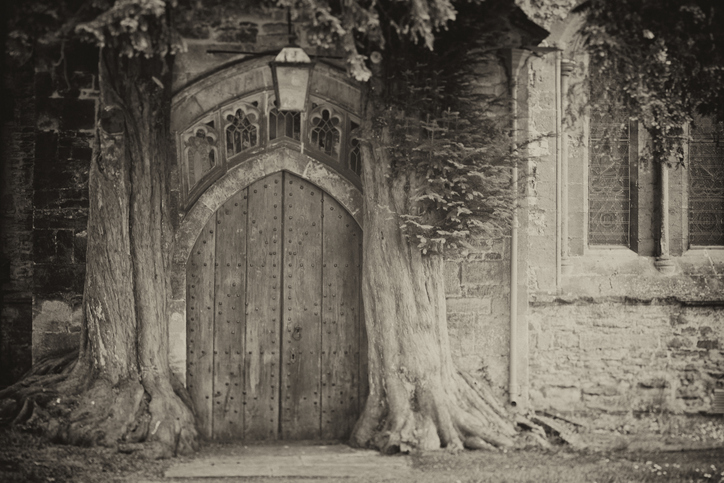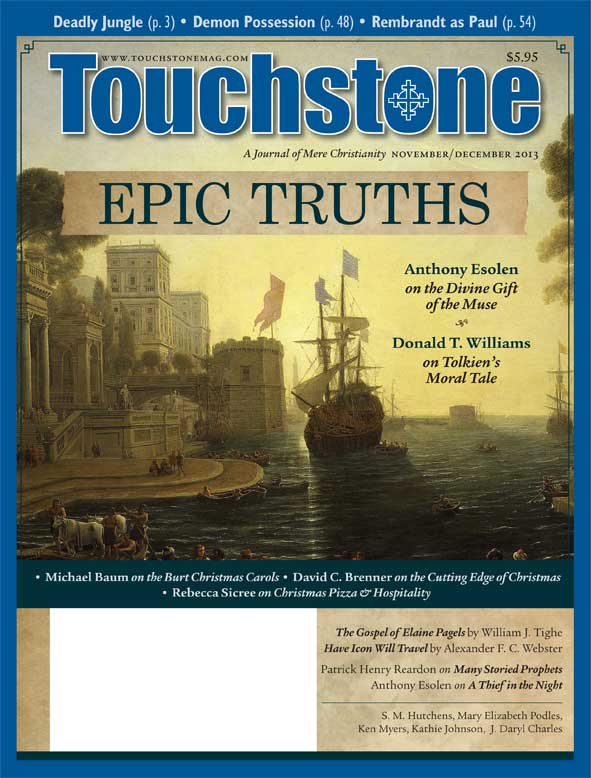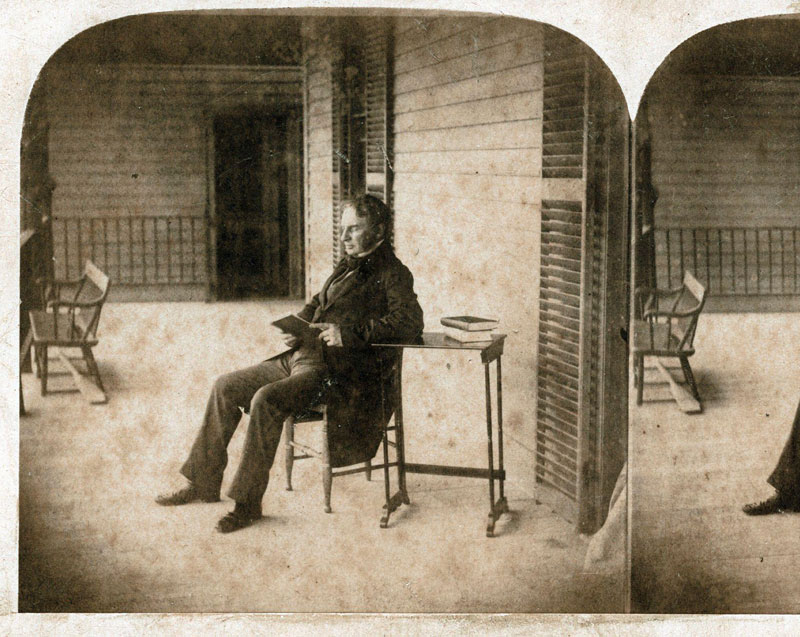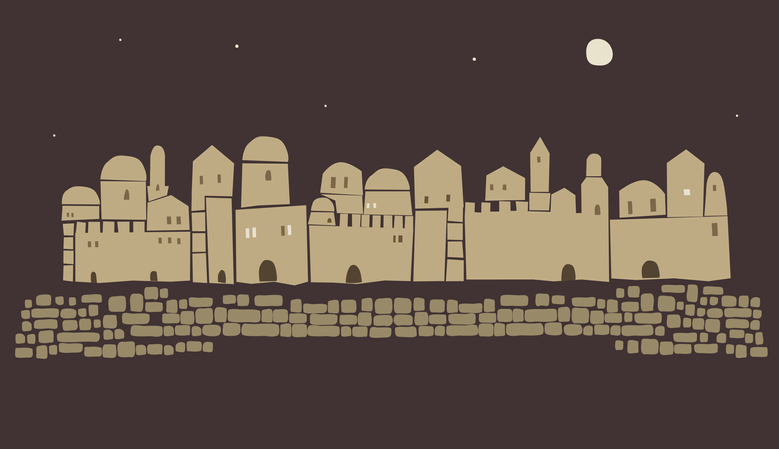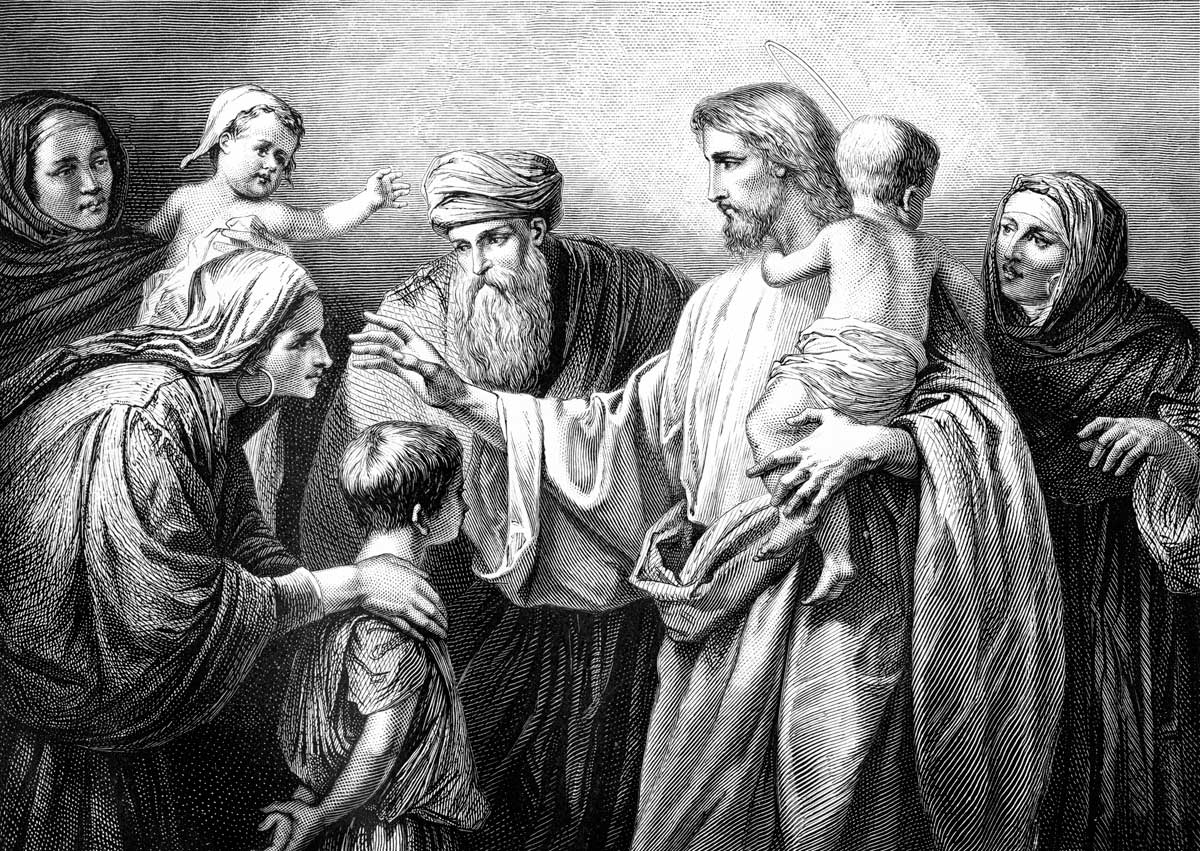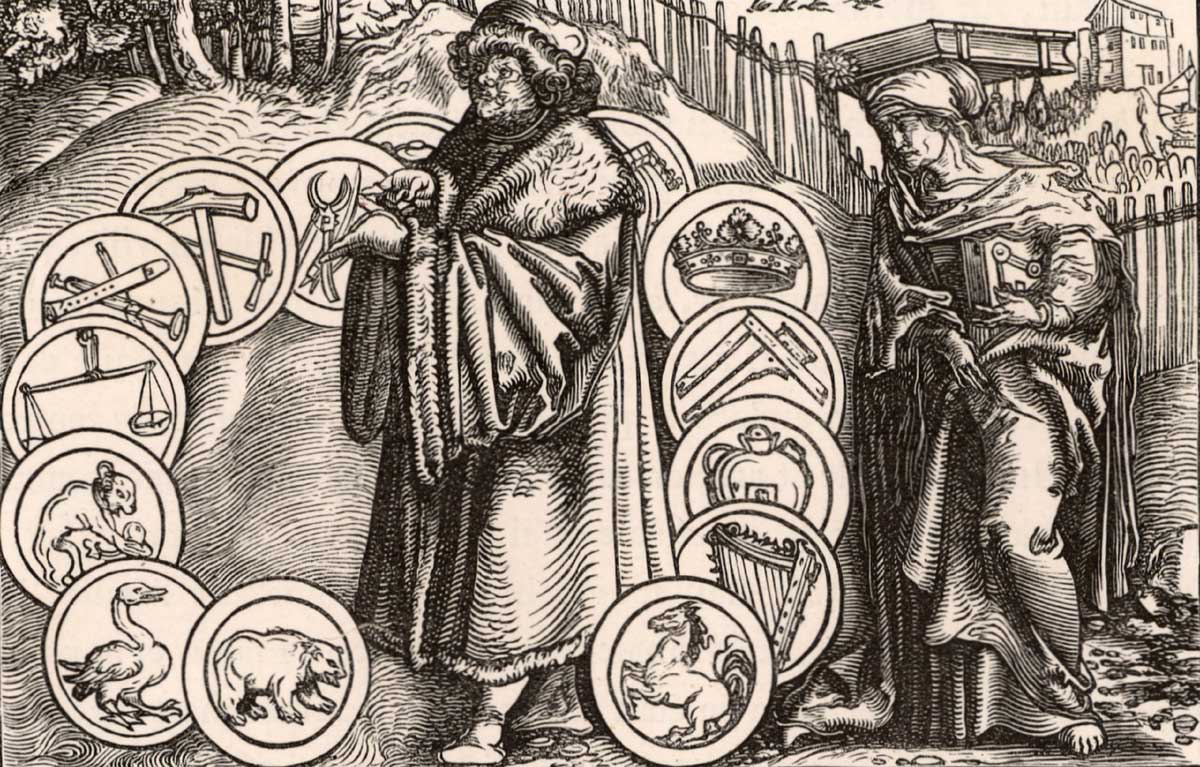View
The World of the Rings
Donald T. Williams on Why Peter Jackson Was Unable to Film Tolkien's Moral Tale
Why do the books and the movies of The Lord of the Rings seem to be two such different worlds, not physically but in terms of their moral vision? A sixteenth-century treatise on literary criticism, Sir Philip Sidney's Apology for Poetry, explains some of the discrepancy between J. R. R. Tolkien's and Peter Jackson's views of their task.
Sidney articulates an older vision of literature that Tolkien shared and built on. It is an explicitly Christian vision. The creative writer does not merely, as Hamlet put it, "hold the mirror up to nature." He is not just an imitator—the function that had caused Plato to banish the poets and their fictions from his ideal state. (By "poet," Plato, and Sidney after him, meant any creative writer, not just a writer of verse; etymologically, "poetry" is from the Greek poiein, "to make.")
Fiction, Plato assumed, imitates nature, which is already an imitation of the Ideas or the Forms that Plato held to be the ultimate reality. So fiction is an imitation of an imitation; thus, it is taking you one step further from the truth. But Sidney the Christian realized that something much more profound is going on. The poet is not just slavishly and imperfectly imitating nature. "Disdaining any such subjection, lifted up with the vigor of his own invention, [he] doth grow in effect another nature, in making things either better than nature bringeth forth, or quite anew."
The poet may thus actually take us closer to divine truth, rather than farther from it, than fallen nature can. (Because he is also fallen, he may give us false and corrupting images instead, but usum abusus non tollit; the abuse does not overturn the right use.) The poet has this potential to surpass nature in embodying the truth because he is created in the image of the Creator. We should therefore

give right honor to the Maker of that maker, who, having made man to his own likeness, set him beyond and over all the works of that second nature; which in nothing he showeth so much as in poetry, when with the force of a divine breath he brings things forth far surpassing her doings.
Tolkien follows Sidney explicitly, for in his essay "On Fairie Stories" he develops Sidney's insight and brings it to completion in his own doctrine of "sub-creation": Man is creative because he is made in the image of the Creator.
Used or misused, [our] right has not decayed:
We make still by the law in which we're made.
Both Precept & Example
One of Sidney's applications of this Christian theory of literature helps explain the difference between Tolkien's and Jackson's versions of Tolkien's legendarium. For one of the things that the poet can potentially do better than nature is to embody truth more faithfully in ways that are more than just intellectual. The poet, argues Sidney, achieves the end of learning, "virtuous action," better than either the historian or the philosopher. The historian gives you a concrete story you can relate to, but he is limited to what has actually been done; he cannot (as a historian) tell you what ought to have been done. The moral philosopher speaks of the ideal, but he speaks of it so abstractly that the average reader cannot follow it—the philosopher is "so hard of utterance and misty to be conceived, that one that hath no other guide but him shall wade in him until he be old before he shall find sufficient cause to be honest."
Donald T. Williams is Professor Emeritus of Toccoa Falls College. He stays permanently camped out on the borders between serious scholarship and pastoral ministry, between theology and literature, and between Narnia and Middle-Earth. He is the author of fourteen books, including Answers from Aslan: The Enduring Apologetics of C. S. Lewis (DeWard, 2023). He is a contributing editor of Touchstone.
bulk subscriptions
Order Touchstone subscriptions in bulk and save $10 per sub! Each subscription includes 6 issues of Touchstone plus full online access to touchstonemag.com—including archives, videos, and pdf downloads of recent issues for only $29.95 each! Great for churches or study groups.
Transactions will be processed on a secure server.
more on J. R. R. Tolkien from the online archives
more from the online archives
calling all readers
Please Donate
"There are magazines worth reading but few worth saving . . . Touchstone is just such a magazine."
—Alice von Hildebrand
"Here we do not concede one square millimeter of territory to falsehood, folly, contemporary sentimentality, or fashion. We speak the truth, and let God be our judge. . . . Touchstone is the one committedly Christian conservative journal."
—Anthony Esolen, Touchstone senior editor





